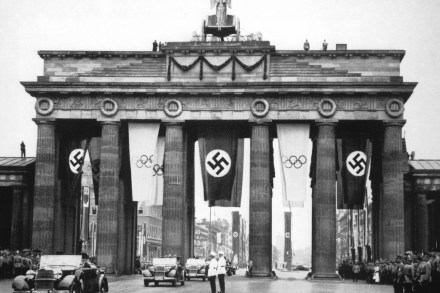Philippe Sands on the trail of Nazis
38 min listen
In this week’s Book Club podcast my guest is the writer and human rights lawyer Philippe Sands. His new book The Ratline: Love, Lies and Justice on the Trail of a Nazi Fugitive describes his painstaking quest to track down the real story of a Nazi genocidaire who fled justice into the murky underground society of postwar Italy. Philippe tells me about the strange world of shifting allegiances he uncovered, and his own no less shifting relationship with his subject’s son – who continued against all the evidence to believe his father was a good man.





















